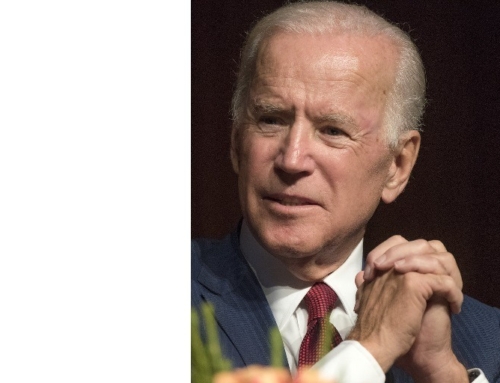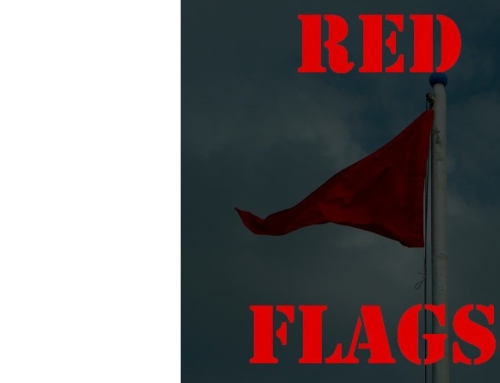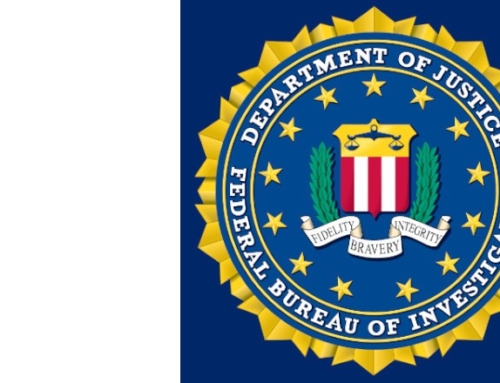Bill Donohue
Yesterday, we addressed news reports about a Rollins College student, Marshall Polston, who was suspended following an exchange with his professor, Areej Zufari. It is claimed that Zufari punished Polston after he disagreed with her comments saying Jesus was not crucified and his apostles did not believe he was divine. Rollins suspended Polston citing threats that he made.
Polston called me yesterday to discuss this matter. So did the president of Rollins, Dr. Grant H. Cornwell. We had a lengthy exchange in response to my letter that was addressed to him. We also heard from Allan E. Keen, who is chairman of the Board of Trustees. Today, Keen sent another email and an article from the Orlando Sentinel on this issue.
Both Cornwell and Keen argue that the reporting on this story constitutes “fake news.” But neither provides any specifics to support his claim.
In particular, I pressed Cornwell to offer me a “bullet-type response,” one that would address my letter, the student’s claims, and news reports on this issue. I asked for proof that Polston made threats. Cornwell cited legal reasons for not commenting any further. He also said he did not know enough about what happened in the classroom.
The following remarks are in reply to Keen’s email today, which includes a letter he sent to the Trustees, and the piece in the Orlando Sentinel, “Rollins Student, Prof Clashed for Weeks in Religion Class,” written by Gabrielle Russon. The italics are my response to cited remarks.
- In his email today, Keen says Polston “was suspended because of a matter related to another student.” No details were given.
- In his letter to the Trustees, Keen contends this issue was not a recent development, saying that “there were actions and concerns going back for several months, and even after some intervention, the student continued to act somewhat unusual….” No details were given.
- Keen says the student was not suspended for his “disagreements with the professor, or these classroom activities.” Rather, “it was related to a ‘different’ incident with a student.” No details were given.
- In her story in the Orlando Sentinel, Russon says the professor “filed a ‘protection against stalking’ request” against the student last Friday. Rollins then suspended him. No one questions the filing or the injunction. But is there evidence that he actually stalked her? Or did she file the complaint believing he might stalk her?
- The injunction, Russon says, lists the nature of the professor’s problems with the student. “He has disrupted class twice (we’ve only had two classes) with antagonizing interjections, contradicting me and monopolizing class time.” As a former professor, this complaint reads as an indictment of the professor, not the student. “Antagonizing interjections”? Meaning he sharply disagreed? More important, since when has it been regarded as inappropriate student behavior to “contradict” a professor? Why isn’t this simply a matter of free speech? Similarly, did he not allow other students to speak—did he filibuster?—or was he overly talkative?
- Russon says of the professor, “She wanted him out of her class.” Precisely—this says it all.
- Russon writes that “School officials intervened to meet with Polston and his behavior improved over the next few weeks.” But what exactly did he do wrong to merit this intervention? Did he violate campus policy in some way? And how did his “behavior” change? Or was the intervention meant to have a chilling effect on his free speech? If so, this is a very serious matter.
- The professor failed Polston (a straight-A student) for an essay he submitted on March 8. Russon says the professor “was concerned about his reaction” and wrote to a public safety official about it. “The next day, Polston emailed her.” He accused her of “extreme bias.” In other words, the professor contacted the public safety office in anticipation of a threat, one that never happened!
- Russon quotes an associate dean saying, “At no point did he threaten anyone openly.” This seals it: Her complaint to the public safety office was not based on any threat by the student.
- Russon writes, “Zufari was so concerned that she canceled class.” About a non-existent threat? This is posturing, a gambit designed to indict the student on charges that are false, by her own admission.
So who is this unnamed student who was “threatened” by Polston? Was it the Muslim male student who justified “beheading for gays and adulterers”? This is not a matter of dispute. According to Robby Soave in reason.com, “Someone even notified the FBI.” By the way, there is no evidence that Zufari found this comment to be “antagonizing,” nor did she contact public safety officials about this proponent of shariah law.
There are so many outstanding questions—egregious matters left on the table—to make any reasonable observer skeptical, if not cynical, of the account offered by Cornwell and Keen. Only they can clear this matter up, but to do so they need to get specific. Otherwise, we are left with the impression that Zufari was intimidated by Polston, leading her to make false conduct charges against him.
One more thing. Overlooked in this entire issue is the propriety of Zufari telling students that Jesus was not crucified nor was he seen as divine by the apostles. If a Christian professor instructed his students on the merits of the Biblical account, he would be accused of indoctrination. So why isn’t Zufari?








